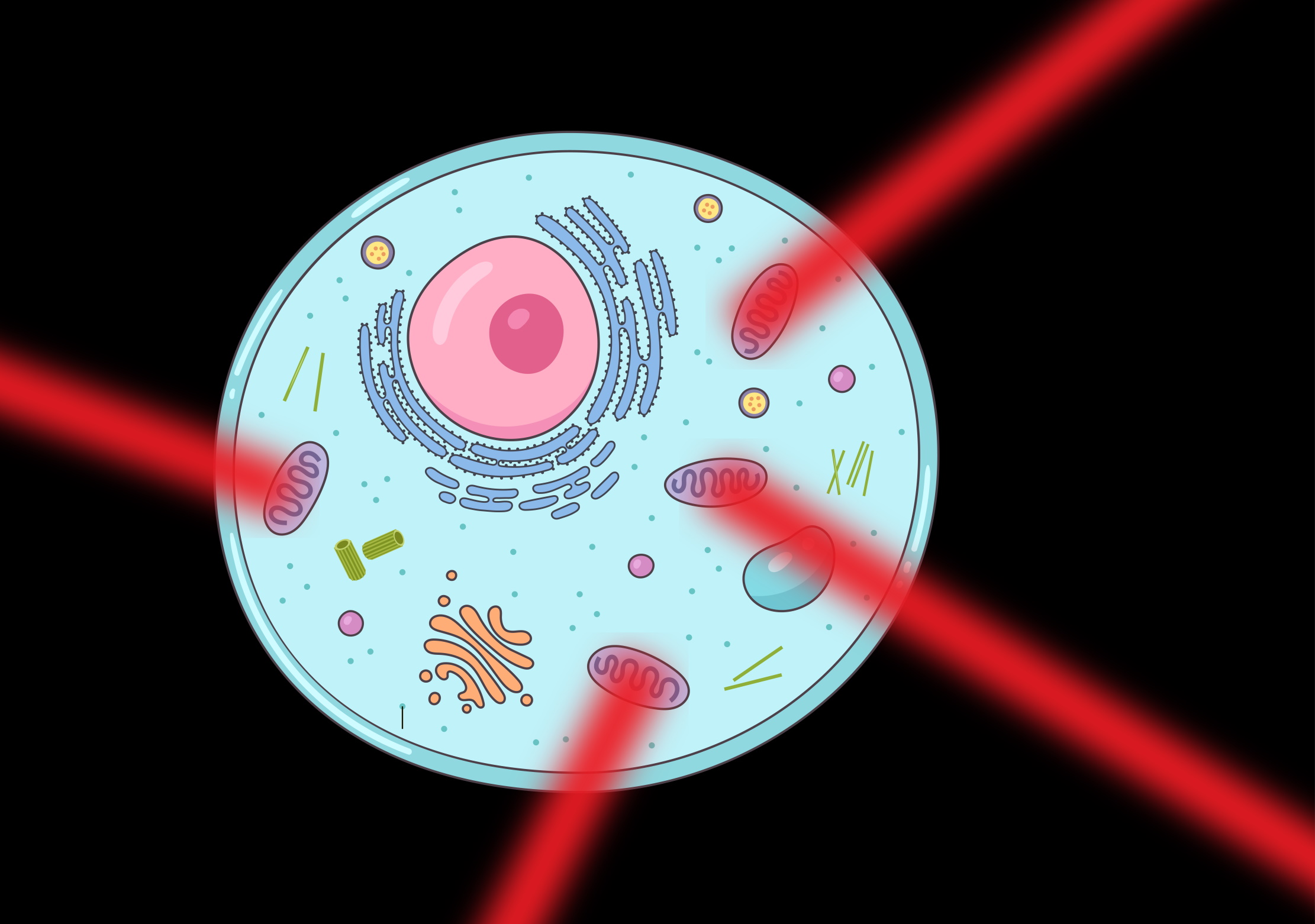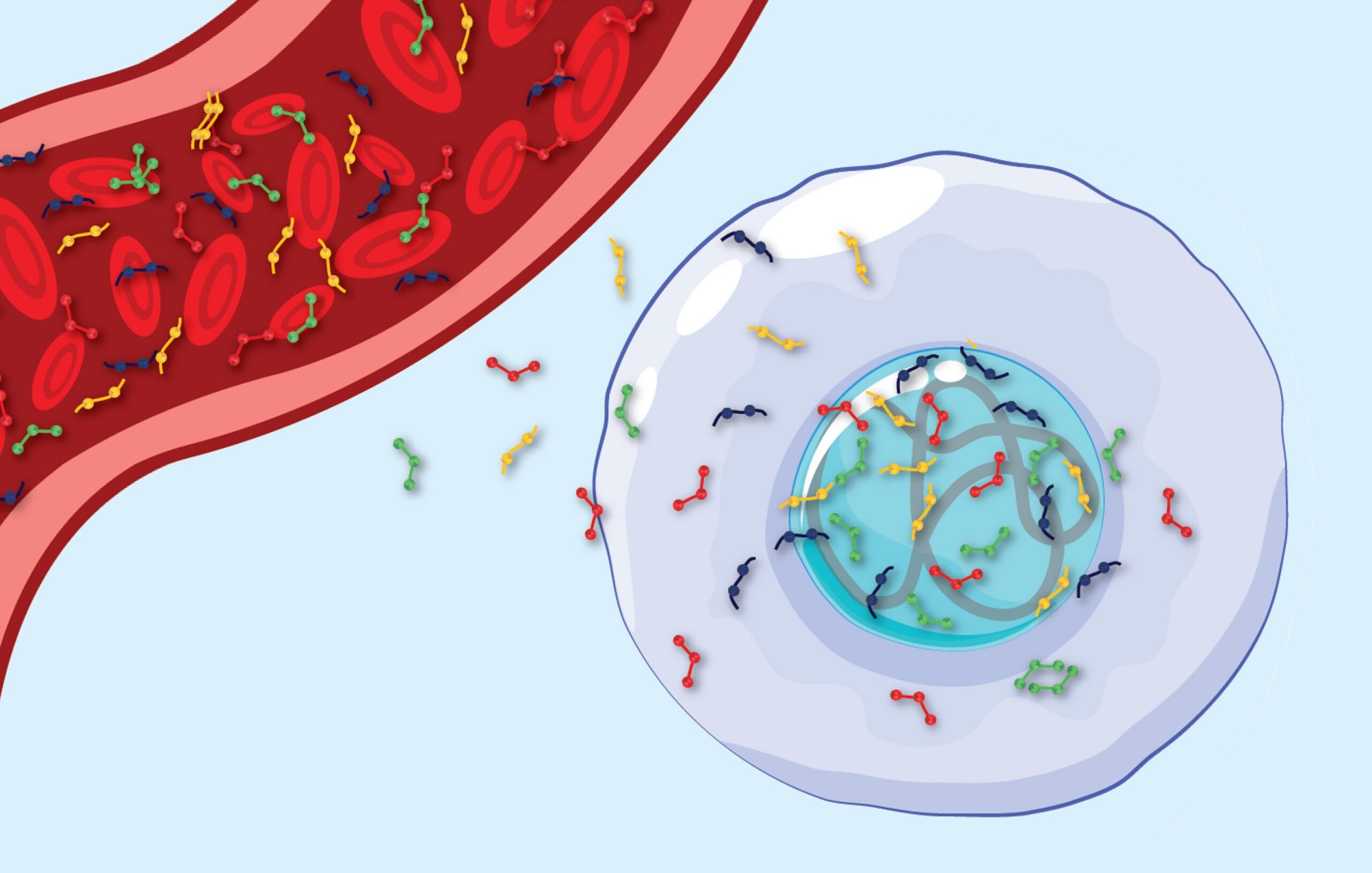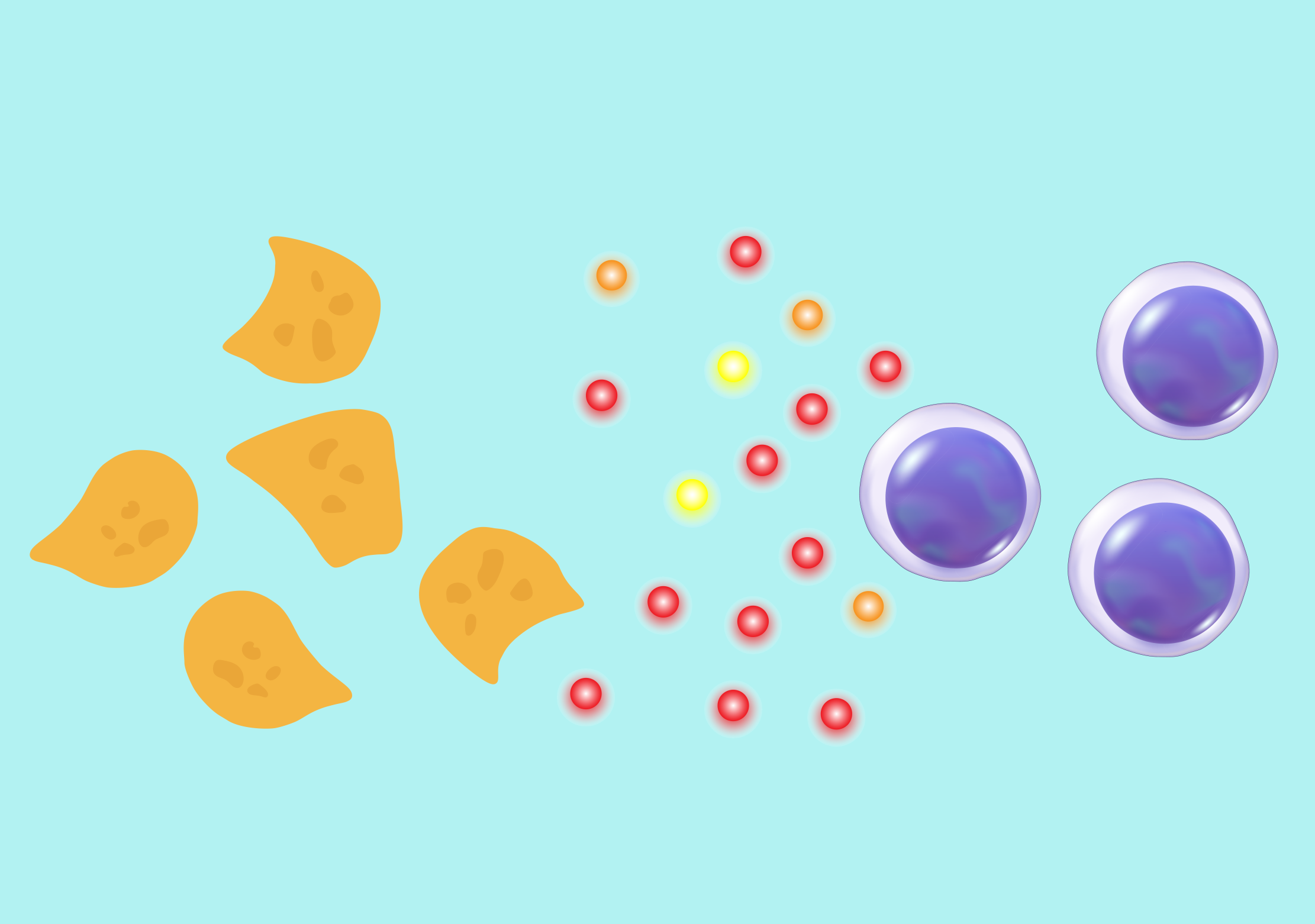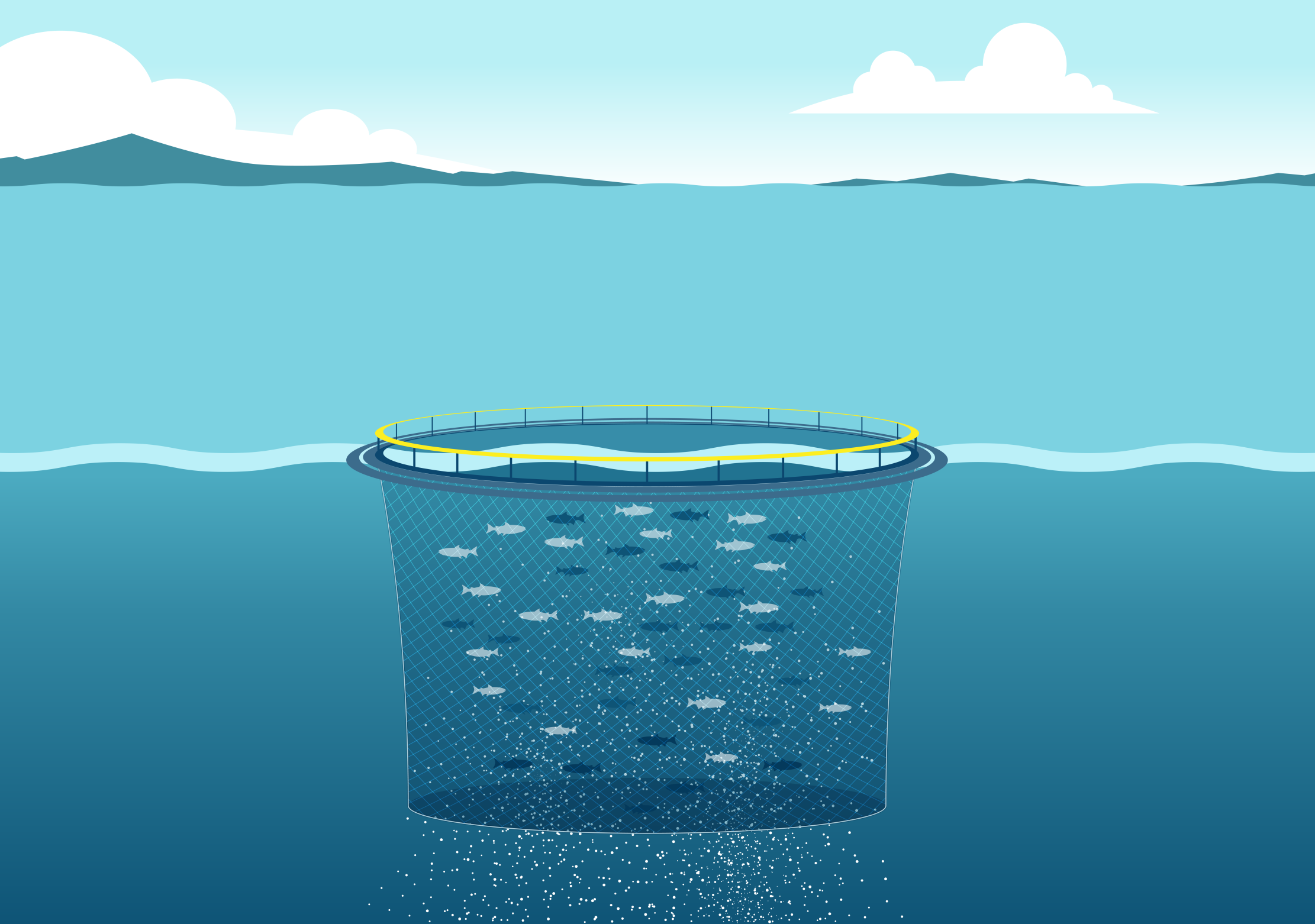Deuterium-labelled organic compounds are special molecules where hydrogen atoms are replaced with deuterium – a heavier form of hydrogen. These compounds are important in medicine as they are often safer and more effective than their hydrogen-based counterparts. They are also used in medical imaging, where they help doctors to track how drugs move through the body. Additionally, they are used to increase the stability and operational lifetime of many functional materials such as light-emitters – found in light-emitting diodes – and fluorescent dyes. Despite their usefulness, methods for making deuterium-labelled compounds involve wasteful and inefficient processes, prompting scientists to search for greener, more sustainable alternatives. Read More
One reason that these methods are wasteful is that they utilise non-recyclable catalysts to speed up chemical reactions. In a recent paper, Dr Ross Jansen-van Vuuren and his colleagues at the University of Ljubljana reviewed methods that are being explored to produce deuterium-labelled compounds using recyclable catalysts.
Unlike traditional ‘single-use’ catalysts, recyclable catalysts can speed up reactions without being consumed, allowing them to be recovered and reused in multiple reactions. Although they are more sustainable than their non-recyclable counterparts, many recyclable catalysts are made from rare and costly metals, such as iridium and palladium.
Jansen-van Vuuren and his colleagues highlight smarter alternatives that use more abundant materials, such as iron, manganese and copper.
Another sustainable approach to producing deuterium-labelled compounds is organocatalysis, where organic-based recyclable catalysts are used instead of metal complexes. This method offers a safer, cleaner way to create deuterium-labelled compounds, especially for medicines, which cannot have any traces of metals.
Jansen-van Vuuren and his colleagues also highlight electrocatalysis, which uses electricity, and photocatalysis, which harnesses light to drive chemical reactions. These methods reduce the need for high temperatures and harmful chemicals in the production of deuterium-labelled compounds. Some scientists have even developed recyclable electrocatalysts and photocatalysts, enabling the catalysts to be reused over several cycles.
One major highlight of the review is the use of continuous flow chemistry. Unlike batch processing, which is wasteful and time-consuming, continuous flow systems allow for better control and improved efficiency.
A promising tool involves the use of immobilized enzymes in such systems. Apart from anchoring the enzymes in the continuous flow system, immobilization stabilizes the enzymes, enabling them to function for longer. Enzymes can create deuterium-labelled compounds in a faster, cleaner, and more cost-effective way as they are highly efficient and can operate in water.
Jansen-van Vuuren also points to emerging ideas, including magnetic catalysts that can be more easily separated and reused within a continuous flow system, and the use of enzymes that are tolerant to high temperatures.
The team’s review showcases a bright future for sustainable synthesis of deuterium-labelled compounds, outlining many ways that industries can adopt greener methods to produce these vital compounds. By using recyclable catalysts, deuterium-labelled compounds can be produced with less waste, lower costs, and a smaller environmental footprint.







